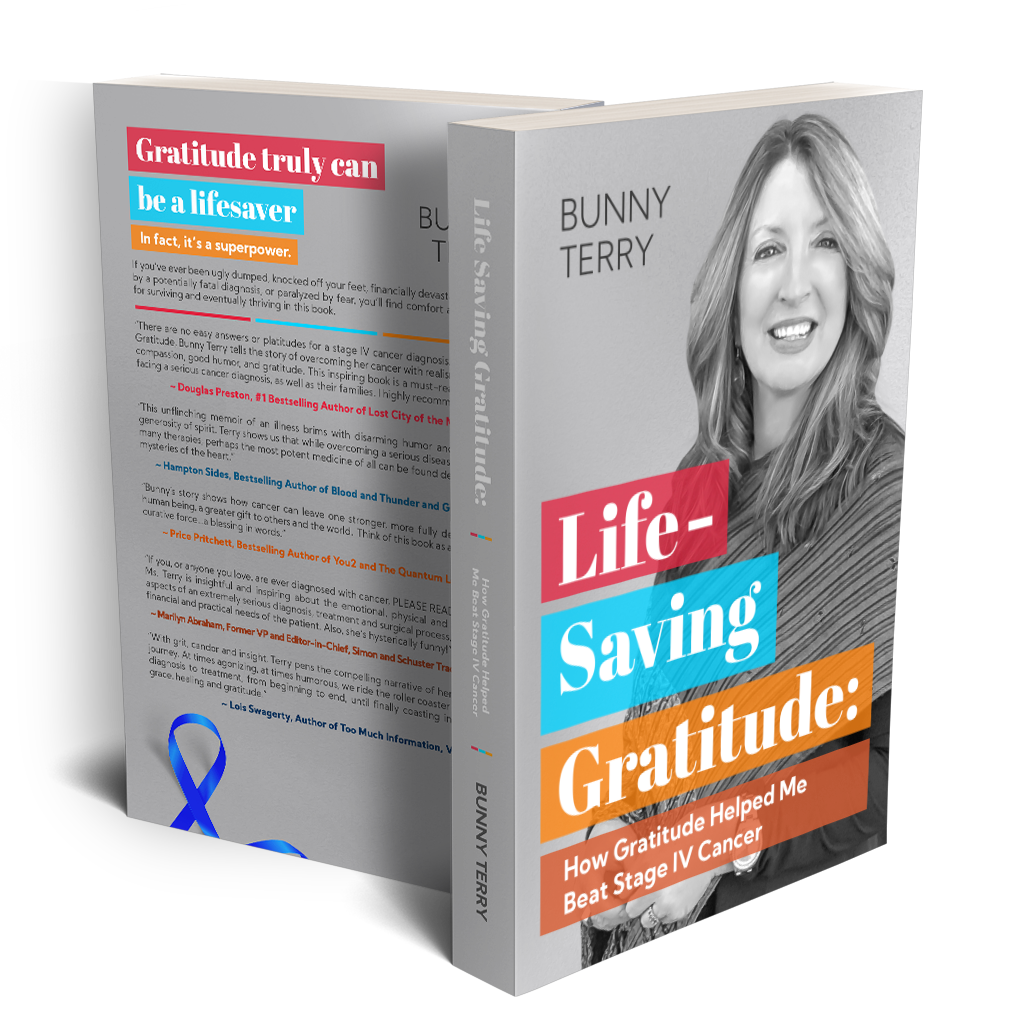I’m in the habit of reading obituaries. You might think it’s my age – I’ve been sixty-one for four months now, and to some of you that probably sounds ancient. Like a good time to begin reading obituaries, since one day I might find my own name there.
But no, I’ve always read obituaries. I noticed long ago that when confronted with death, especially that of someone we cherish, we become our best selves. We show up with the essentials – food and hugs, care and kindness – and we remember what’s most important. We write our best piece of prose for those we love when we create their obituary.
I love a good funeral and I relish a great obituary. Not because I’m morbid, but because it shores up my faith in people to see the way they behave at those times in our life that are most difficult, when we immediately put into practice our best human tendencies.
So that may make me an expert on obituaries. Mind you, I’ve yet to be asked to write one for anyone, so mostly I’m an expert on reading them. Except for my own, which I wrote a couple of years ago.
During the pandemic, I sat in on a lot of online training and webinars. Donald Miller of Business Made Simple teaches a course on life planning called “Hero on a Mission”, for which I signed up one lonely Tuesday right after we shut down. It was a four hour live streaming event filled with great ways to create and stick to a life plan.
The description read: “Too many people leave their life up to fate and don’t have a clear direction on where their life is going. This course will help you create a life plan and daily planner that will keep you focused and ensure you experience a deep sense of meaning in life.” I strongly suggest you check it out.
The first item in the training for creating a focused and effective life plan was this: Write Your Own Obituary.
The premise was surprisingly simple. Once you had written what you hoped would be the final best story all about you, you then made it a practice to review it on a daily basis. First thing every morning.
And then every day you only chose to do the things that would lead you to that amazing end of life story. This fit in perfectly with the practice of Essentialism I was trying to embrace. I was reading Essentialism: The Disciplined Pursuit of Less by Greg McKeown at the time. (I’m still reading it, all the time.) I wanted to stop using my time for things that didn’t move my business and personal life further along every day. I wanted to learn to say no to everything that didn’t feel essential.
Say, for instance, you write in your obituary something like I did, that you’re always determined to somehow enrich the life of every person you met, even if in the smallest way possible. Or maybe that you’re known for throwing the best parties and always making every single person feel like they’re the most important person in the room. Maybe you write that you want to create the widest, most positive possible.
By writing your obituary, which is mostly aspirations, and then reviewing it each day, the idea is that you will then tailor your hours, even your moments, in a way that helps you become the person you want to be by the end of your life.
And here’s the thing: It works.
During the course, I hand wrote my obituary in the workbook that Miller provided with the course. I said the things I used as for instances above. I also said things like “She wrote books that inspired everyone who read them,” “She always put her family first,” “She gave of her time and talent generously.” I wrote fun things like “She knew where to get the best margarita in town,” “She never missed the chance to hear live music.”
I wrote these things in my own obituary because that’s who I want to become. During the pandemic when we are all allowed time to reflect, I knew mostly that I wanted to clear out anything that wasn’t essential to my life. I wanted to focus on what helps me grow every day into someone who is worthy of more than a list of who I’m survived by. Whether I die at ninety or next week, I want there to be an inspiring story attached to the end of my life.
In the words of my friend Lynne Arnold, I want to make my dash count. She was referring to the dash on your tombstone, the one between your birth date and date of death. Lynne told me that about three months before she died of lung cancer. “Make it count, honey,” she said, and I took her words to heart. Lynne knew what she was talking about. She lived her life right up to the moment she couldn’t. Here’s a photo of her in the midst of her Santa Fe girlfriends, making her last months count. She’s the brunette beauty in the middle.

Not that I’ve perfected my life plan or the practice of making my dash count. I’m a work in progress. Every day I fail at being the best possible version of myself. But that’s okay. As I repeatedly say, It’s Not Failure If You Don’t Quit.
Consider this. Consider writing your own obituary and then reviewing it every day to remind yourself who you want to be when to opportunity comes for someone else to describe you in the best possible way.
And then, in the immortal words of Spock, “Live Long and Prosper.”
Thanks for checking in.
Oh, and the great obituary I read this morning? Here’s the link. I don’t know this man personally, but I wish I had. His life seems rich and full of fun. Full of dancing and laughter and great friends. It’s hard to pick my favorite part, but the fact that he walked every single guest to their car after their visits fits right in with how I want to be remembered.


 Bunny Terry is a native New Mexican who grew up on a farm in northeastern New Mexico. Her first writing job was typing stories on index cards on her family’s Underwood, stories that were uncannily like the ones she read over and over in O Ye’ Jigs and Julips, her favorite childhood book. No one thought to save those index cards for posterity, although there is the theory sarcastically circulated by her siblings that they will certainly be worth millions someday.
Bunny Terry is a native New Mexican who grew up on a farm in northeastern New Mexico. Her first writing job was typing stories on index cards on her family’s Underwood, stories that were uncannily like the ones she read over and over in O Ye’ Jigs and Julips, her favorite childhood book. No one thought to save those index cards for posterity, although there is the theory sarcastically circulated by her siblings that they will certainly be worth millions someday. 
I love your reads and I love you too. The fun we had at Harris Law Firm. All the crazy shenanigans. Most of all we did our jobs to perfection and got the craziest stories from people. You can’t make that stuff up. Haha. I love you always and miss you bunches.
I miss you too, Deb. How are you?